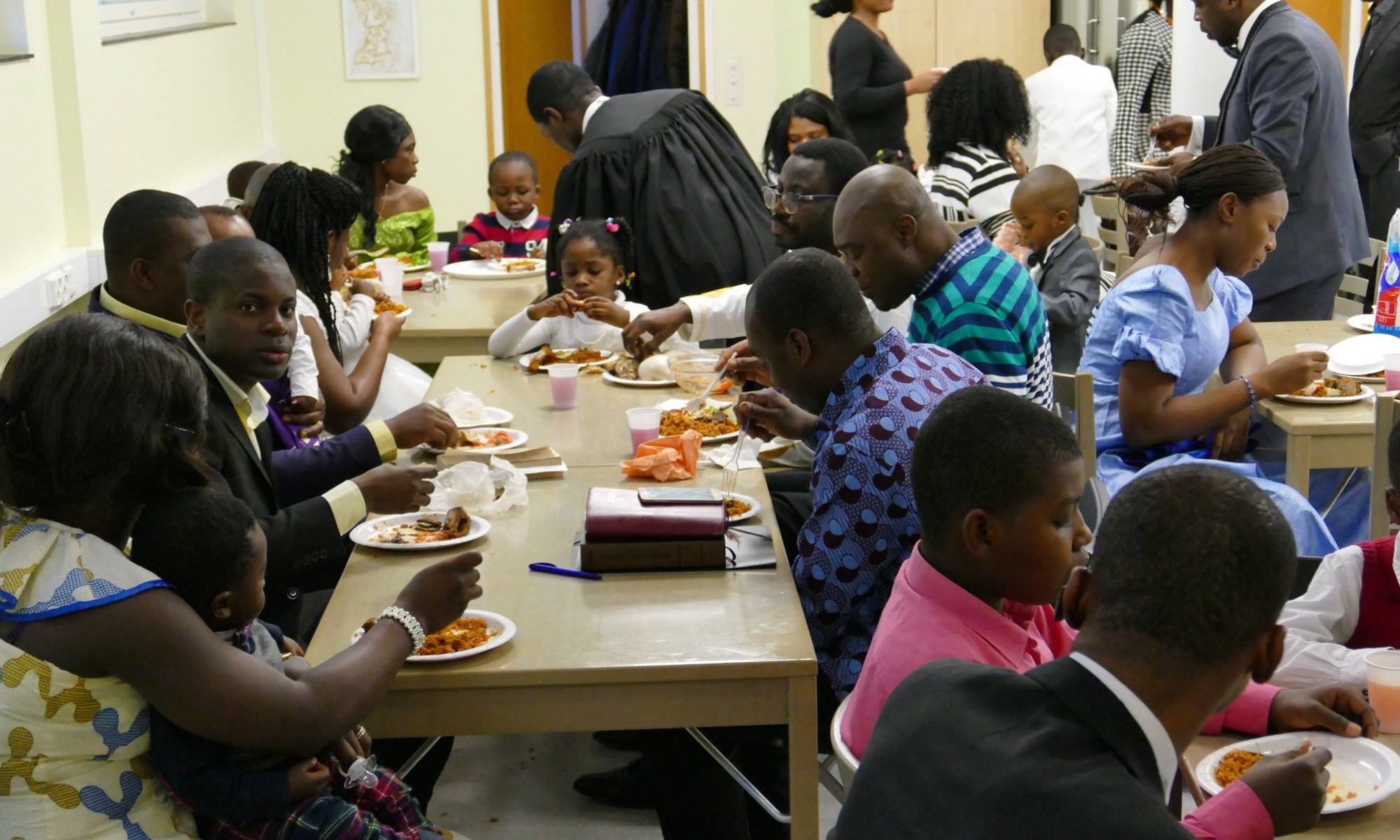Introduction
In this edition of our Newsletter, the concept of self-pity is discussed from the fifth chapter of the Gospel of John (Joh 5:1-9). Here, self-pity, as Webster defines it, is an excessive and self-absorbed unhappiness over one’s own troubles or challenges.
Do you want to be made well?
Jesus´ encounter with the lame man by the pool, called in Hebrew as Bethesda, which means the house of mercy, reveals that the man was swimming in self-pity because of his condition. It is read that:
“After this, there was a feast of the Jews; and Jesus went up to Jerusalem. Now there is at Jerusalem by the sheep market a pool, which is called in the Hebrew tongue Bethesda, having five porches. In these lay a great multitude of impotent folk, of blind, halt, withered, waiting for the moving of the water. For an angel went down at a certain season into the pool, and troubled the water: whosoever then first after the troubling of the water stepped in was made whole of whatsoever disease he had. And a certain man was there, which had an infirmity thirty and eight years. When Jesus saw him lie, and knew that he had been now a long time, in that case, he saith unto him, Wilt thou be made whole?” (Joh 5:1-6).
The impotent man, answering Jesus, said, he has no one to put him to the pool when it is stirred up by the angels, but when he tries to do so by himself, another overtakes him (Joh 5:7). Instead of providing a straightforward answer, he tells this story to explain why his healing has delayed. He gives this details so that Jesus would have mercy on him. Many people pity themselves so that they could be sympathized with, but it only:
- Makes their enemies laugh at them
- Retards their life progress. It makes people backward and demeaning
- Creates self-destructive cycles of self-sabotage
- Supplies people with the pleasures of being supported momentarily, to be cared for and emotionally pampered, but it is a known to be dangerous and highly maladaptive way of developing emotional bonds or connections with other people.
The lame man answered, “Sir, I have no man, when the water is troubled, to put me into the pool: but while I am coming, another steppeth down before me” (Joh 5:7). Yes, his state of health has made him poor due to his inability to be gainfully employed, and for that matter, it could be said that he had no wife, children, friends, or personal assistant to provide him with the needed support. Notwithstanding, a simple answer was expected of him.
He mentions that while he is going into the pool, another goes down before him. This further tells of how self-pity generates envy and jealousy and makes a person bitter at himself or herself and at others. Self-pity also has the likelihood of making people avoid taking responsibilities of their lives. People could easily resign to fate due to self-pity. They may see themselves so miserable that they fail to act because everyone knows that they are suffering, so they can do anything. It is possible that this man by the pool had stopped trying because it does not matter how hard he tried, another would step before him. No! This is deception, so get over it. Never see yourself as incapable and miserable. Do not stop trying because we fail in our endeavors only when we stop trying.
Self-pity is a clear evidence of faithlessness. The impotent man has lost faith. He has become hopeless and faithless. He no longer expects to be healed by the pool. He has succumbed to failure. He only sleeps and wakes up to see others delivered and healed. But the good thing is that, in his desperation and helplessness, Jesus meets with him. He was waiting for support from human to carry him into the pool when it is stirred, but the Lord had a different plan for him. Jesus said to him, arise, take up your bed, and walk. And immediately the man was healed. He took up his bed, and walked: and on the same day was the Sabbath (Joh 5:8-9).
Believers need to understand that God does not act in only known ways. He chooses to do things as He deems it fit. No one puts Him in a box and expects Him to work in specific ways. God is alive and His deeds are living. He chooses to ignore traditional ways and do new things for the sake of His name.
Conclusion
You might be expecting help from other people, and you do not know how to get yourself out of your predicaments. All hopes seemed to be gone, and the people who are supposed to help you out are not showing up. But remember that God works in mysterious ways. He will soon work in your favor, in ways that you least expect. Let your hopes stay on God and He would be right there for your sake.
Prayer: Jehovah Jireh, the Lord who is our Provider, our Help and Comforter, we have struggled with our own strengths and have worn ourselves out. We have trusted in men and they have failed us. We have pitied ourselves, but have not received the needed support. Now, Lord God Almighty, be merciful and gracious to us and lift us out of our deplorable conditions and show yourself strong in our lives. In Jesus´ name, we pray. Amen!

